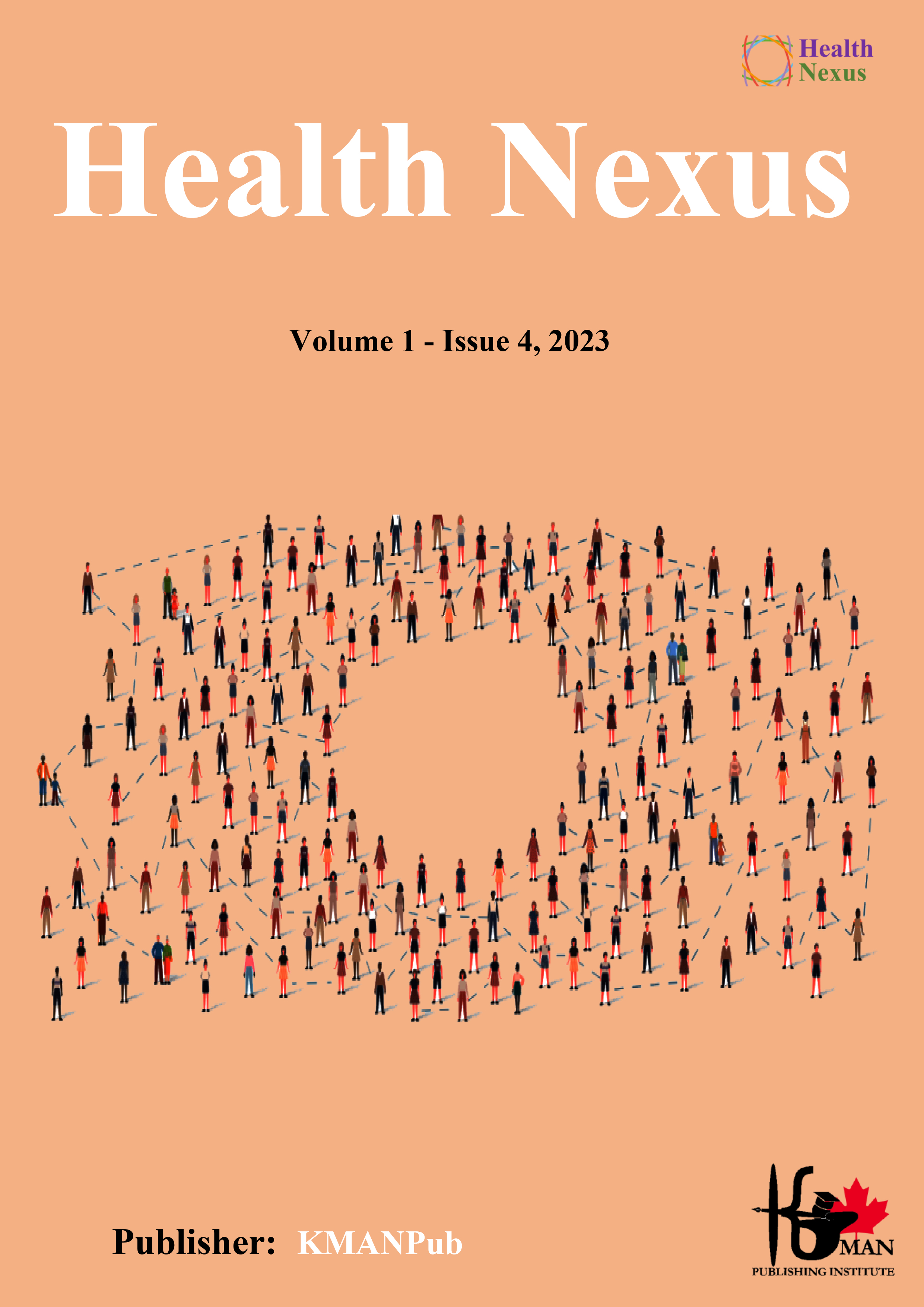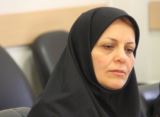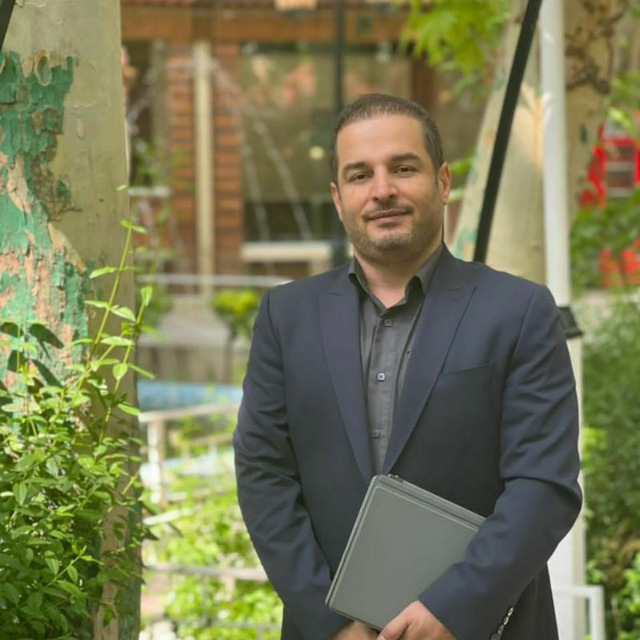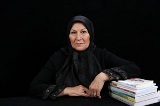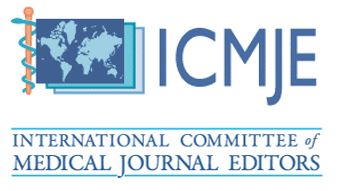Effectiveness of Acceptance and Commitment-Based Training in Reducing Psychological Distress and Increasing Social Adjustment in Sexually Abused Adolescent Girls
Keywords:
Sexual assault, Psychological distress, Social adjustment, Acceptance and Commitment Therapy, Adolescent girlsAbstract
Rape is a form of sexual violence that not only damages the body but also harms the psyche of the individual and the community. Considering this issue, there is evidence of sexually abused girls who require psychological interventions. The present study aimed to apply Acceptance and Commitment Therapy (ACT) in reducing psychological distress and increasing social adjustment in sexually abused adolescent girls. This study is applied in nature and employs a quasi-experimental design with a pre-test and post-test control group. The statistical population consisted of all adolescent girls who referred to the counseling center of the Department of Education in Tonekabon during the 2022-2023 academic year. The research sample included 12 adolescent girls selected through convenience sampling and randomly assigned to experimental and control groups. All participants completed the Kessler Psychological Distress Scale (Kessler et al., 2002) and the Weinberger Adjustment Inventory (Weinberger, 1961) in both pre-test and post-test phases. The experimental group received Acceptance and Commitment Therapy for eight sessions, once a week, over two months. After data collection, the data were analyzed using multivariate covariance analysis. The results showed a significant difference between the experimental and control groups in the post-test phase (P<0.01), indicating the effectiveness of Acceptance and Commitment Therapy in reducing psychological distress and increasing social adjustment in sexually abused adolescent girls. These findings suggest that ACT is effective in reducing psychological distress scores and increasing social adjustment among sexually abused adolescent girls.
Downloads
Downloads
Additional Files
Published
License
Copyright (c) 2023 Pegah Nozari (Corresponding Author)

This work is licensed under a Creative Commons Attribution-NonCommercial 4.0 International License.

